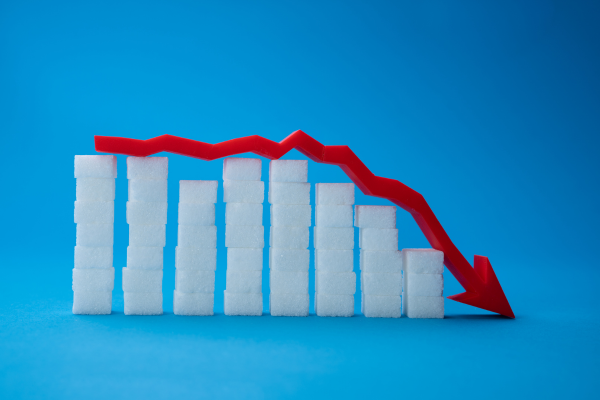Introduction
In this comprehensive guide, we delve into the intricacies of blood sugar levels, exploring their significance, monitoring methods, and strategies for maintaining optimal levels for overall health and well-being.
What Are Blood Sugar Levels?
Blood sugar levels, also referred to as blood glucose levels, measure the amount of glucose present in the bloodstream. Glucose, derived from the foods we consume, serves as the primary source of energy for our cells, tissues, and organs.
The Importance of Monitoring Blood Sugar Levels
Monitoring blood sugar levels is crucial for individuals with diabetes, as it enables them to manage their condition effectively and prevent complications such as hyperglycemia (high blood sugar) and hypoglycemia (low blood sugar). Regular monitoring also provides valuable insights into how lifestyle factors, medication, and dietary choices impact blood sugar levels.
Blood Sugar Chart: Deciphering the Numbers
Fasting Blood Sugar Levels
Fasting blood sugar levels, measured after an overnight fast, typically range between 70 to 100 milligrams per deciliter (mg/dL) for individuals without diabetes. Levels exceeding 126 mg/dL may indicate diabetes.
Postprandial Blood Sugar Levels
Postprandial blood sugar levels, measured two hours after consuming a meal, should ideally remain below 140 mg/dL for individuals without diabetes. Levels exceeding 200 mg/dL may indicate diabetes.
Factors Affecting Blood Sugar Levels
Several factors can influence blood sugar levels, including:
- Diet: Consuming foods high in refined carbohydrates and sugars can cause blood sugar levels to spike.
- Physical Activity: Regular exercise helps regulate blood sugar levels by increasing insulin sensitivity.
- Medications: Certain medications, such as insulin and oral hypoglycemic agents, help lower blood sugar levels in individuals with diabetes.
- Stress: Stress hormones can elevate blood sugar levels, requiring vigilant management during stressful periods.
Tips for Maintaining Healthy Blood Sugar Levels
- Balanced Diet: Emphasize whole grains, lean proteins, fruits, and vegetables while limiting intake of sugary and processed foods.
- Regular Exercise: Engage in moderate-intensity exercise for at least 30 minutes most days of the week to improve insulin sensitivity and blood sugar control.
- Medication Adherence: Follow prescribed medication regimens diligently to manage blood sugar levels effectively.
- Stress Management: Practice stress-reduction techniques such as mindfulness meditation, deep breathing exercises, and yoga to mitigate the impact of stress on blood sugar levels.
Conclusion
Understanding blood sugar levels is paramount for maintaining optimal health and managing conditions such as diabetes effectively. By monitoring blood sugar levels diligently, adopting healthy lifestyle habits, and adhering to medical advice, individuals can proactively manage their blood sugar levels and promote overall well-being.
By implementing proactive measures and staying informed about blood sugar management, individuals can optimize their health and well-being for the long term.
Source: https://www.singlecare.com/blog/blood-sugar-chart/





